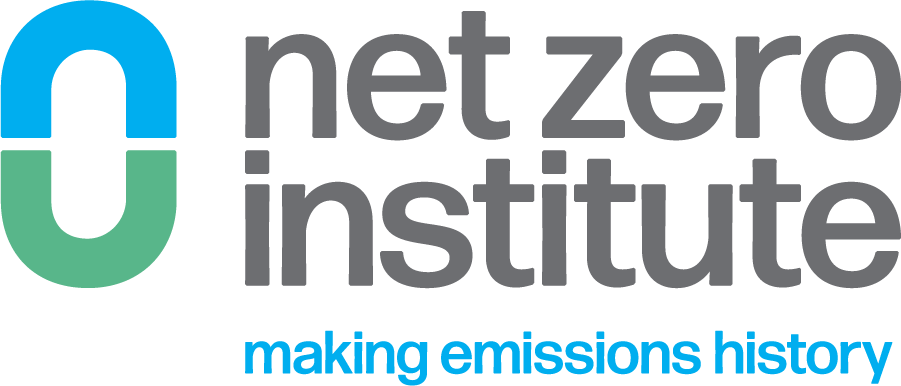VIDEO: Navigating Sustainability: Insights from Industry Leaders
In this session on Sustainability Trends: Tackling Skills Gap to Decarbonization Challenges, B&B Consulting Founder Parna Sarkar-Basu led a dynamic conversation with our panel of experts, exploring key industry trends with a particular focus on sustainability initiatives.
A&K Robotics Founder Jessica Yip highlighted the aviation sector's pivot towards innovation and technology adoption, spurred in part by the challenges posed by the pandemic. This shift includes an increased emphasis on sustainability in procurement practices, reflecting a broader trend towards environmental consciousness in the industry.
Echoing Jessica's sentiments, other speakers emphasized proactive sustainability approaches in their respective fields. Medford Wellington Services CEO Mike LaCrosse underscored the importance of long-term planning and preventive maintenance in ensuring business continuity, citing real-world examples to drive home the point.
Meanwhile, CBT Architects Principal Henry drew attention to the growing influence of environmental, social, and governance (ESG) frameworks, emphasizing the need for businesses to align with these principles to stay competitive in today's market.
Further discussions revolved around the preferences of younger generations for sustainable products and the imperative for businesses to adapt to these changing expectations. The significance of robust systems and infrastructure for safety and business continuity emerged as a central theme. Experts highlighted the potential consequences of system failures, ranging from safety hazards to significant financial losses, emphasizing the need for redundancy in system design to mitigate disruptions.
The conversation then delved into the challenges and opportunities in electric vehicle (EV) adoption and infrastructure development. Despite the substantial market potential for EV charging stations, declining adoption rates and infrastructure readiness pose significant hurdles. Panelists emphasized the critical role of policy frameworks and progressive approaches to drive adoption, particularly in highly regulated environments like airports.
As the dialogue expanded to technology adoption and urban planning, the focus broadened to encompass multimodal transportation solutions and smart city initiatives. Experts underscored the importance of designing cities to accommodate diverse transportation modes, reducing reliance on traditional vehicles, and promoting sustainability.
A notable highlight was the role of robotics technology in addressing transportation challenges and reducing greenhouse gas emissions. The application of robotics in airports was seen as a promising step towards building smarter cities, with airports serving as testing grounds for innovative mobility solutions.
The session concluded with attendee questions covering topics related to sustainability, energy efficiency, and workforce development. Discussions centered on the importance of proactive approaches, the ideal payback period for clean technologies, potential solar installations on parking lots, and efforts to bridge the skills gap in the workforce, particularly in trades and technology sectors.
Overall, the discussion provided valuable insights into the multifaceted challenges and opportunities in advancing sustainability and workforce development across various industries.

